Novartis to Shell Out $600M for Cambridge Research Headquarters Expansion
Cambridge, Massachusetts' biggest employer is about to get even bigger.
October 28, 2010
By Barbra Murray, Contributing Editor
Cambridge, Massachusetts’ biggest employer is about to get even bigger. Novartis has announced that it will expand its Massachusetts Avenue global research headquarters campus (pictured) over the next five years with the addition of 400,000 square feet at a cost of $600 million. The new facility will enhance the city’s workforce with 300 new jobs.
Novartis opened the doors of the Novartis Institutes for BioMedical Research in Cambridge in 2002, starting with 250,000 square feet of space and 400 scientists and technology experts. But the global pharmaceutical concern had growth on its mind from the very beginning; it currently has a Cambridge staff of 2,000 employees occupying 1 million square feet of office and laboratory space. Now, Novartis’ latest expansion endeavor will sprout up on four acres of land it is leasing from the Massachusetts Institute of Technology, the company’s neighbor at its current headquarters locale. The new 400,000 square-foot development will encompass laboratory and office accommodations, as well as retail offerings.
Cambridge, located less than five miles west of Boston, is home to not only MIT, but also Harvard University and its various R& D institutions; research arms of Massachusetts General Hospital and Brigham and Women’s Hospital; Whitehead Institute for Biomedical Research; technology and life sciences incubator Cambridge Innovation Center; and a bevy of other related companies, institutions and agencies. “People say if you walk 10 feet in any direction in Cambridge you will have access to everything you need for a successful life sciences company,” Susan Windham-Bannister, president and CEO of the Massachusetts Life Sciences Center, told CPE.
MLSC is a quasi-public state agency charged with implementing the Massachusetts Life Sciences Act, a 10-year, $1 billion initiative. “Small companies want to be here because they want to collaborate with large companies,” she said. “The large companies want to be in close proximity to the fertile R&D activity and the pipeline of talent coming out of the universities, and they want to partner with the academic institutions and collaborate with the younger companies. They all know that this density is the key ingredient to innovation.”
Novartis’ plan to increase its footprint in Cambridge is indicative of the area’s increasing importance as a top biotech hub in the U.S. and the world. “There are more and more international companies that want to use Massachusetts as a portal to the U.S.,” Windham-Bannister noted. “They want access to the talent and resources, and Cambridge has a lot of that firepower.” Among the most recent foreign-based companies to establish or increase its presence in Cambridge is French biotechnology company IntegraGen Inc., which announced on October 27 that it will open a U.S. subsidiary in the city. Additionally, French drug developer Sanofi-aventis SA revealed in July that it would sign a lease for 100,000 square feet to house the headquarters of its new oncology division. “We’re seeing a trend and it is simply going to accelerate.”
With the onslaught of new life sciences companies and the expansion of existing ones comes an increasing call for space, and Cambridge could very well find itself with more demand than supply. The city’s life sciences office and laboratory real estate market’s vacancy rate was 16 percent at mid-year, according to a report by commercial real estate services firm Richards Barry Joyce & Partners, but numbers can be deceiving. Demand is strong–for Class A space. As noted in the report, the vast majority of new and growing life sciences companies require state-of-the-art space, and there is a dearth of such premier accommodations in Cambridge. Additionally, for the first time since 1999, there is no new construction of laboratory facilities in the city.
That, however, is going to change. Among the real estate industry players preparing to accommodate the growing need for life sciences facilities is Alexandria Real Estate Equities, which received final zoning approval in June for its Binney Street Project, a 1.7 million square-foot mixed-use office and laboratory development.
Novartis expects to commence construction of its own new facility in 2011. A Novartis spokesperson told CPE that the company’s new investment is part of its global strategy for research and that it is focused on investing in new facilities in regions that are dynamic centers for life sciences innovation.

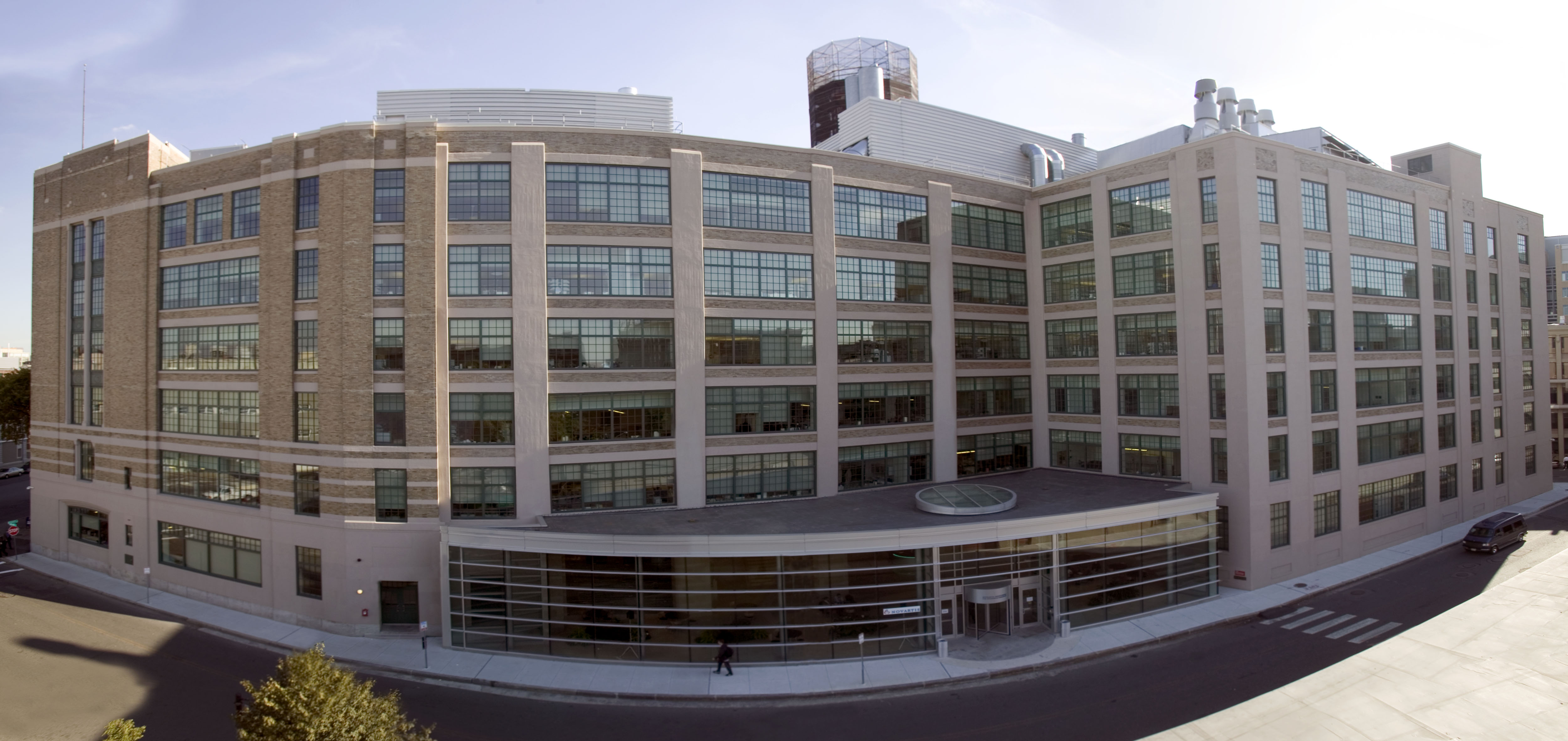
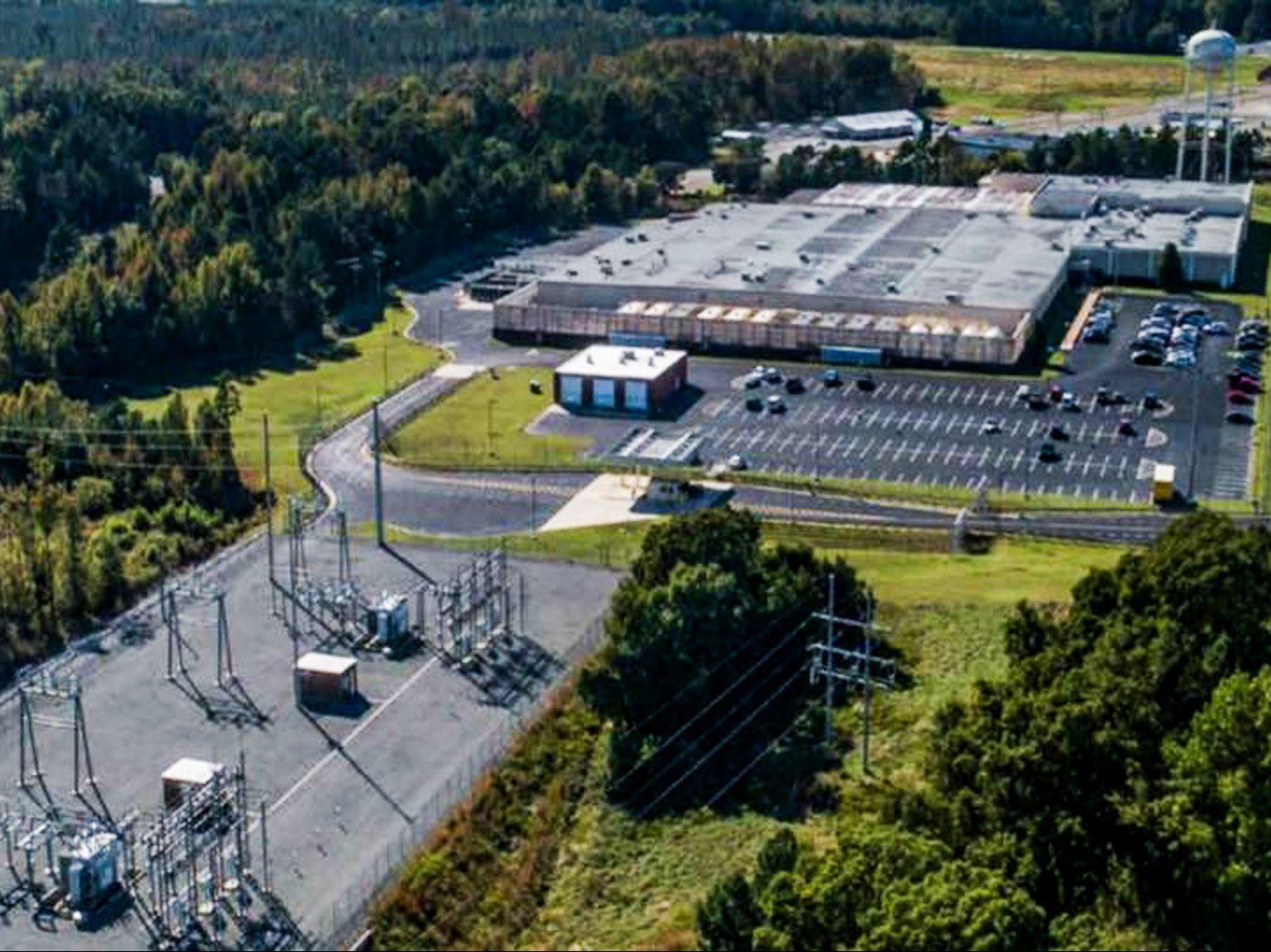
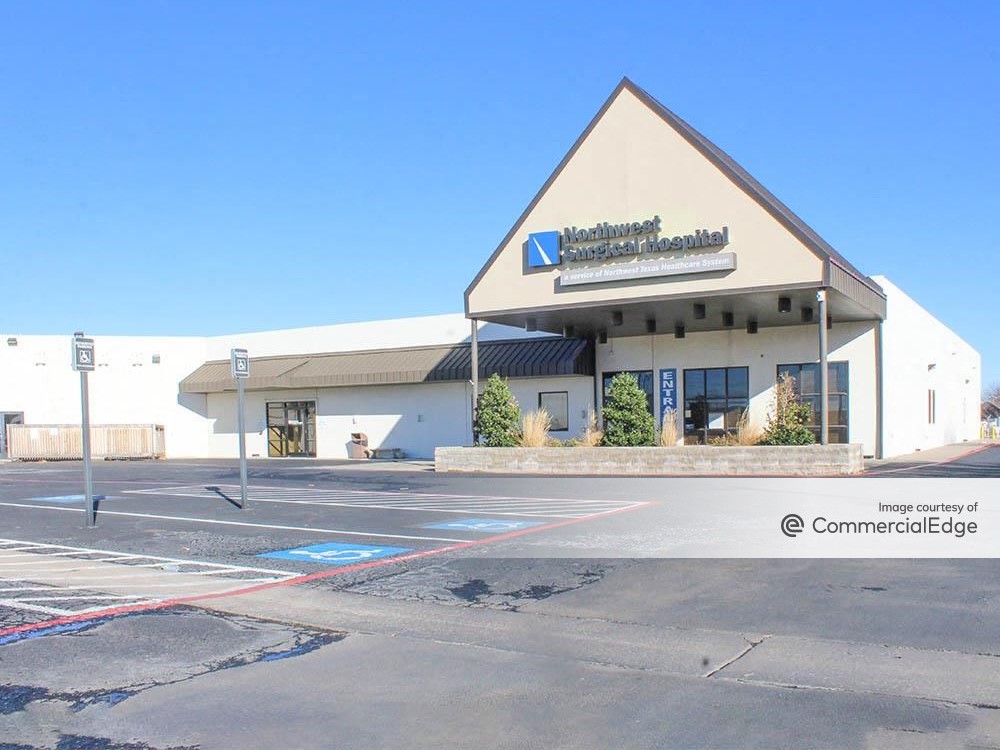
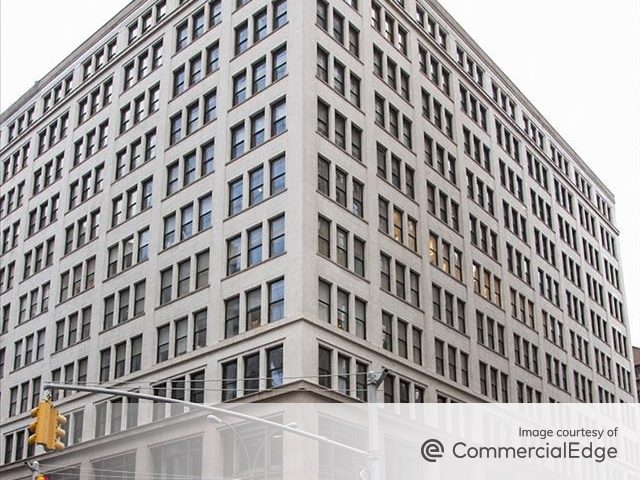
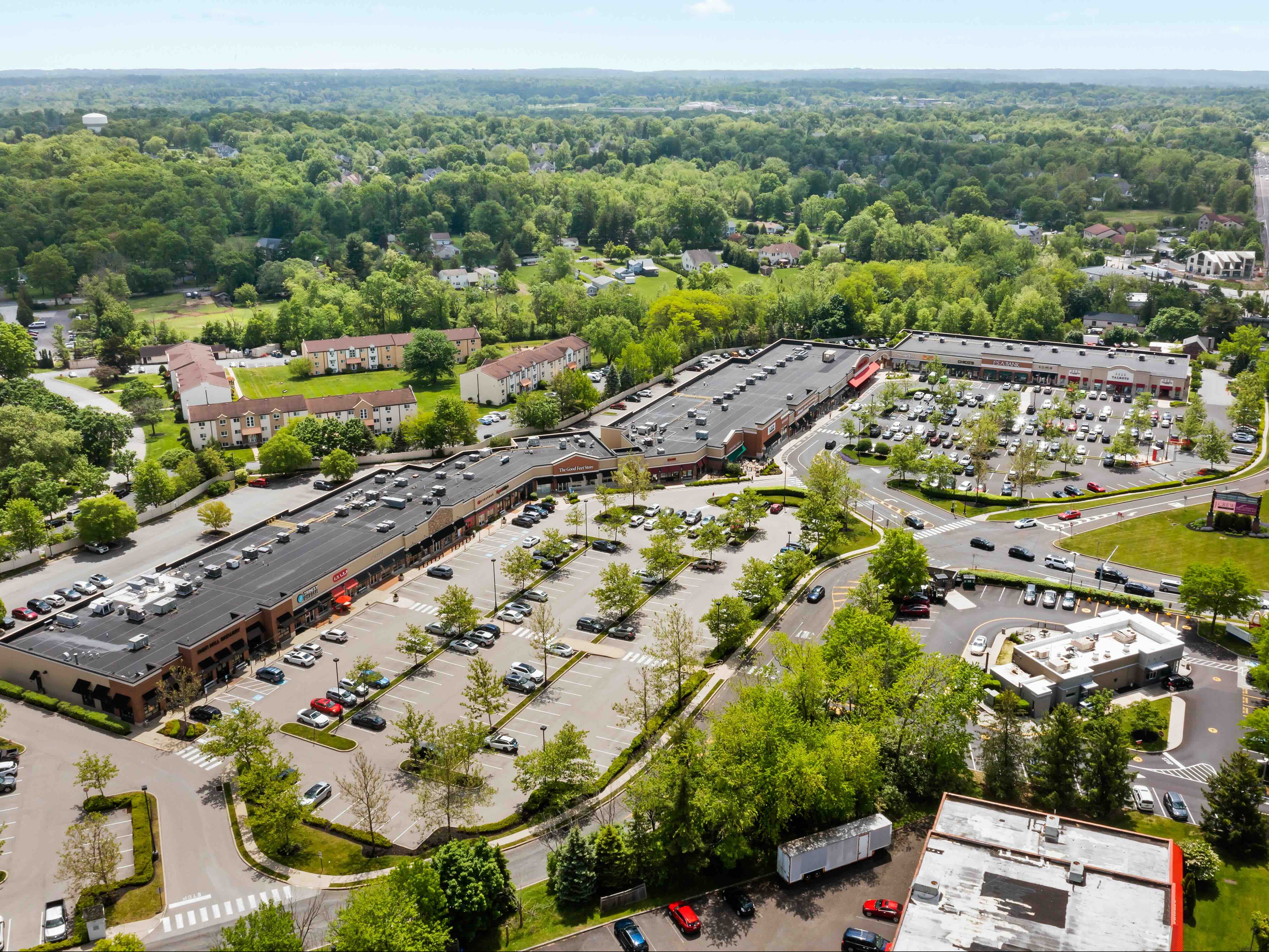
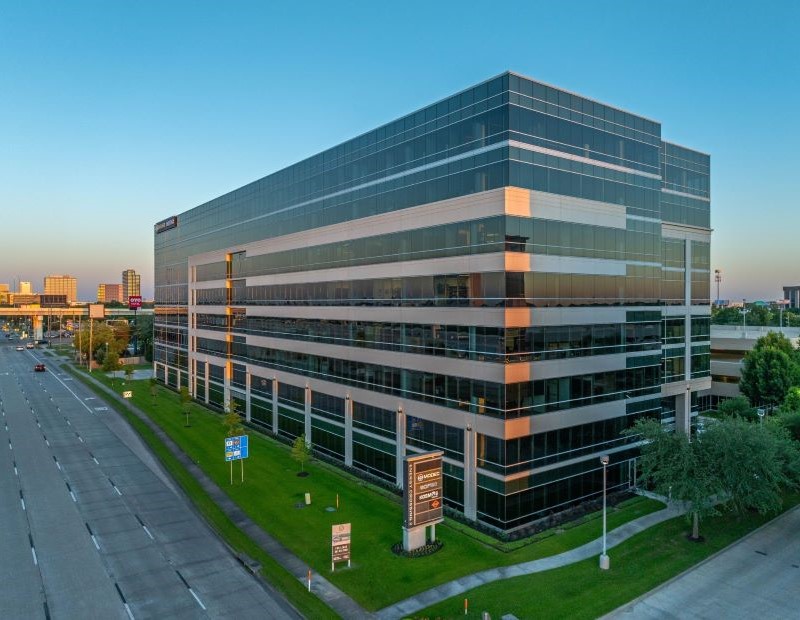

You must be logged in to post a comment.